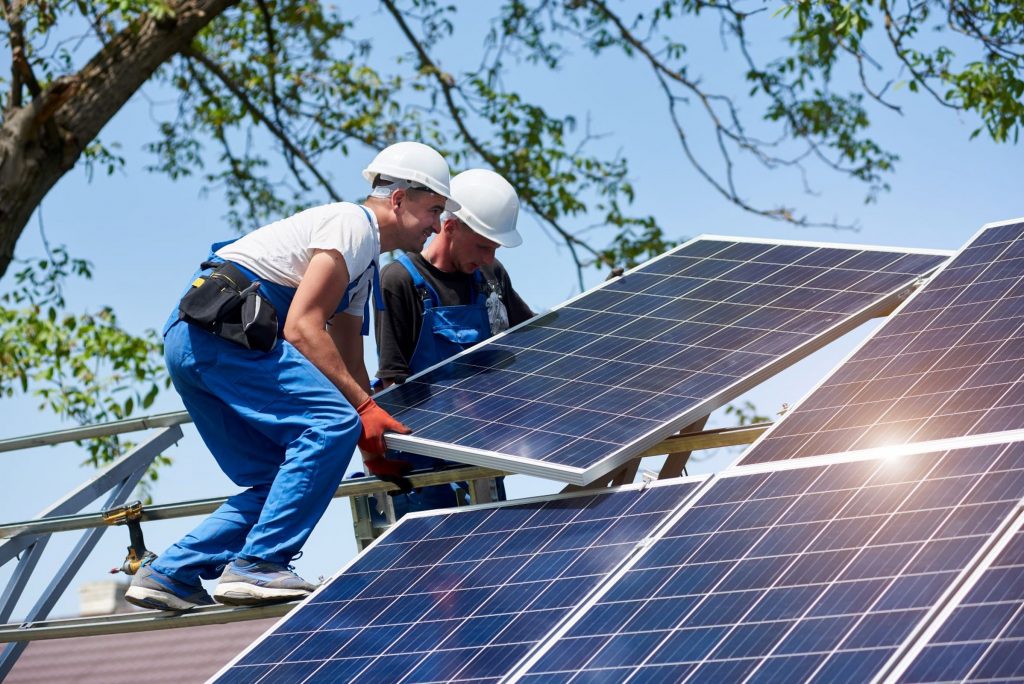Installing solar panels is an excellent way to reduce energy costs and contribute to environmental sustainability. In the United States, several government programs and incentives can significantly offset the upfront costs of installing solar energy systems.

1. Federal Residential Renewable Energy Tax Credit:
The Residential Renewable Energy Tax Credit is a major federal incentive available to homeowners. It allows you to claim a tax credit of up to 22% of the cost of purchasing and installing a solar system. This credit helps reduce the overall expense of going solar and can be carried forward if it exceeds your tax liability in a given year.
2. State and Local Incentive Programs:
Many states offer additional incentives on top of the federal tax credit. These can include state-level rebates, tax credits, or performance-based incentives that further reduce the cost of installing solar panels. Local governments and utilities may also provide grants or low-interest loans to encourage solar adoption.
3. Net Metering Programs:
Net metering allows homeowners with solar panels to offset their electricity bills by selling excess electricity back to the grid. This effectively spins the meter backward, providing financial savings and accelerating the payback period for your solar investment. Most states have net metering policies in place to support renewable energy production.
4. Solar Renewable Energy Credits (SRECs):
In states with renewable energy standards, Solar Renewable Energy Credits (SRECs) can be another source of income for solar system owners. These credits are earned based on the amount of electricity generated by your solar panels and can be sold to utilities or other entities that need to meet renewable energy quotas.
5. USDA Rural Energy for America Program (REAP):
For agricultural producers and rural small businesses, the USDA offers grants and loan guarantees through the Rural Energy for America Program (REAP). This program helps cover the costs of renewable energy systems, including solar panels, in rural areas, further incentivizing sustainable energy practices.
Conclusion:
By taking advantage of these government programs and incentives, homeowners can significantly reduce the financial barriers to installing solar panels. Whether through tax credits, rebates, net metering, or SRECs, these programs not only promote clean energy adoption but also offer tangible financial benefits that make solar energy a smart investment for the future.
